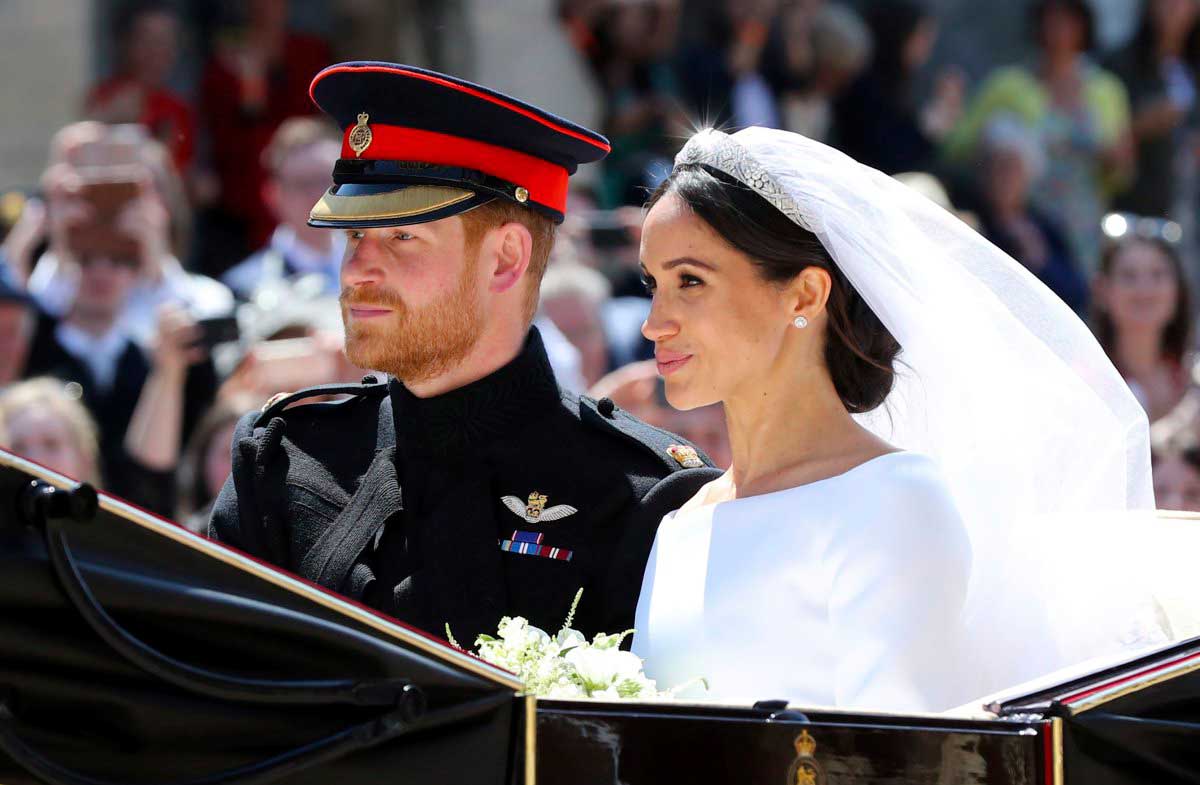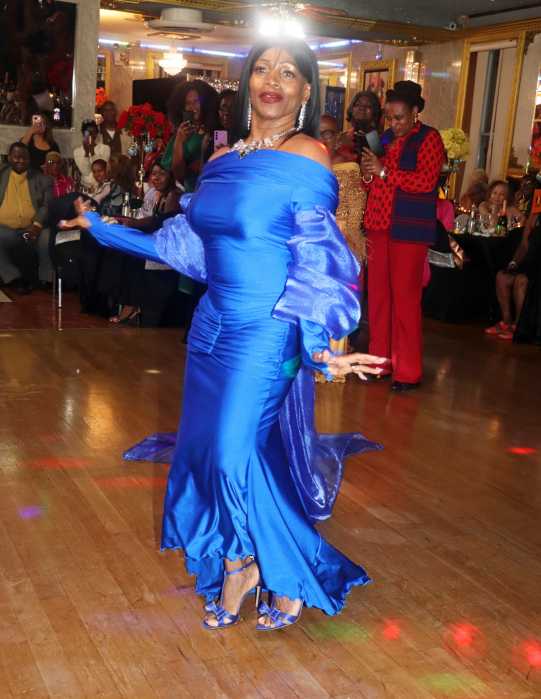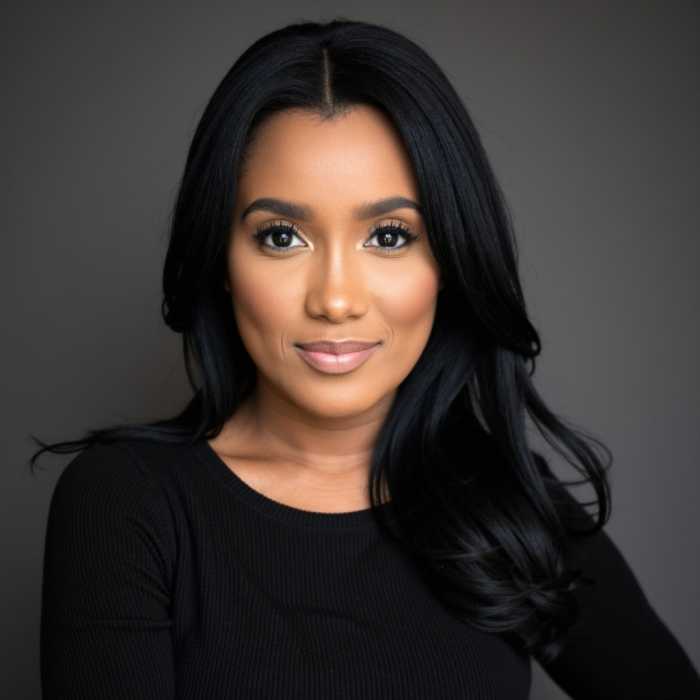One of the big takeaway lessons from the Barack Obama campaign for president is his assertive catch-phrase “Yes We Can.”
Since his election to the highest political seat in 2008 — any first for many Blacks in America as well as pioneering individuals and groups throughout the world maintain the confidence — building mantra to lay claim to unprecedented goals and achievements.
Last week as two highly placed world leaders pondered whether or not they would meet for peace talks in Singapore, women decisively exhibited will, confidence and capability winning first time leadership roles.
Like Obama, Meghan Markle a biracial American probably changed perceptions of the British crown when she married Prince Harry, an heir to one of the oldest dynasties in the world. Millions watched the historic nuptials that united the couple as her African-American, single mother watched from the pews of St. George’s Church in Windsor.
Markle is now the Duchess of Sussex.
Her highly-placed position allegedly resonated with little Black girls everywhere that they too can become princesses and royalty.
Reportedly more than a few co-opted the phrase “Yes we can.”
Stacey Abrams may also have changed the course of the future and definitely the Democratic Party by winning the Georgia primary elections last week.
Abrams became the first Black woman nominee for governor — ever — in the United States.
After her triumph, the 44-year-old former tax attorney thanked “everyone who believed that a little Black girl who sometimes had to go without lights or running water—who grew up to become the first woman to lead in the Georgia General Assembly — could become the first woman gubernatorial nominee from either party in Georgia’s history.”
Like Obama, Abrams struggled to pay debts from student loans.
Prior to her election, Abrams wrote a very definitive article addressing the fact that her $200,000 debt from student loans and deferred tax payments should not disqualify her from running for governor.
She argued that the liability made her more similar to her potential constituents.
“We cannot win by pretending to be something we are not,” Abrams reportedly told CNN. “My mission is to demonstrate that if we bring everyone to the table, we can win.”
Throughout her campaign Abrams reached out to Black voters. She focused her attention on Black women in particular. She allegedly, made registering Black voters a huge part of her campaign and is aware of her trailblazing status as the first Black female gubernatorial nominee in America.
A whopping number of 46 women filed to run in governors’ races this year.
According to the Center for American Women and Politics at Rutgers University that figure represented a record high.
“We must remind ourselves that our success is inevitable.”
“I may be the only one with my specific profile, but there are women, people from the LGBTQ community, Muslims who are seeking to reassert their patriotism after being denounced by many, and all of us have naysayers and doubters,” Abrams said.
In Texas, Lupe Valdez, a gay Latina also made news as the choice of the Democratic Party to represent the state as governor.
Barbadians are no strangers to blazing a trail for change in America.
Brooklyn’s own Bajan Shirley Chisholm rocked the boat when she boldly ran for the presidency in 1972. Her story is detailed in a book titled “Unbought & Unbossed.”
In addition, a son of Barbados who believed in the “Yes We Can” philosophy named Eric Holder as the first Black attorney general in America.
Add to that, the outcome of the Barbados general election last week and the name Mia Mottley who swept the polls with unprecedented results for the Opposition Barbados Labour Party (BLP) winning all 30 seats in the House of Assembly.
Mottley was elected the eighth prime minister of Barbados and the first ever female leader of the nation.
The 52-year-old lawyer reportedly once told a teacher that she would become the country’s first female prime minister and on May 24 did.
Endorsed by Rihanna, the island’s best known pop star, Mottley emerged Barbados’ first female prime minister since gaining independence from Britain in 1966.
Mottley was the first female to be appointed attorney general and minister of home affairs in 2001 and is also the youngest ever Queen’s Counsel in Barbados.
Two years after that, she served as the island’s second female deputy prime minister and following the BLP’s defeat in the 2008 election and Owen Arthur’s resignation as party leader, Mottley was chosen as BLP party leader on Jan. 19, 2008.
She also served as the first female opposition leader when she was sworn in on Feb. 7, 2008.
Mottley was sworn in two days after her recent election.
In accepting the oath of office, she thanked Barbadians for doing “what is best for Barbados.”
Prime Minister Mia Mottley, QC will join four other women who have served as leaders of governments in the Caribbean.
They include: Dame Eugenia Charles of Dominica — 1980 – 1995; Portia Simpson Miller of Jamaica — 2006 – 2007 and 2012 – 2016; Kamla Persad Bissessar in Trinidad and Tobago — 2010-2015 and Janet Rosenberg Jagan of Guyana who served from 1997 – 1999.
In addition to unprecedented advances made by women in a single month, since the arrest of Harvey Weinstein, more than a few disfranchised females united by the #MeToo Movement are echoing the mantra “Yes We Can!”
Catch You On The Inside!



























